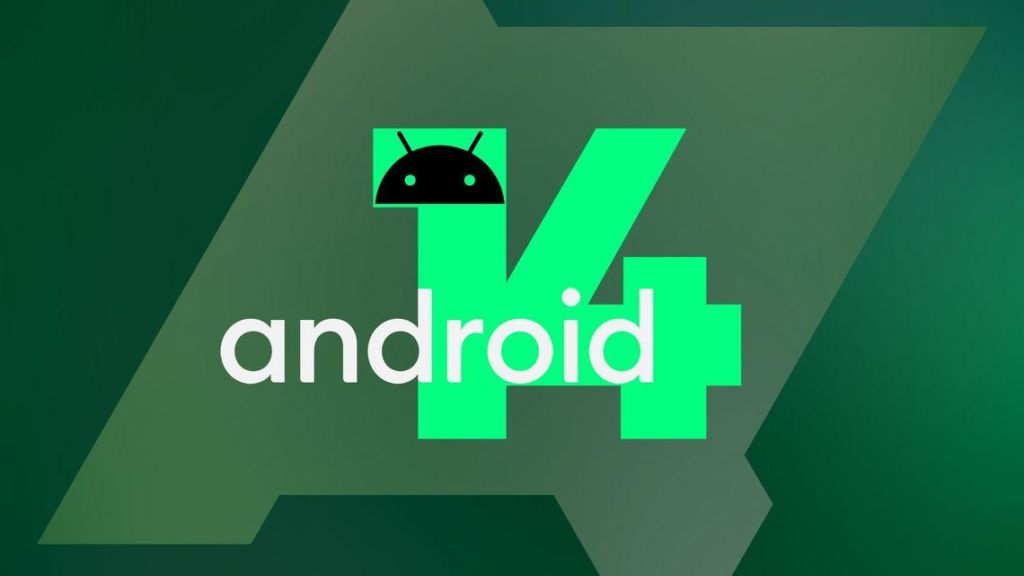
Older smartphones start to last longer on battery power after updating to Android 14
Users who like to update have installed Android 14 and noticed something strange. Their phones began to work longer on a single battery charge. As it turned out, this is not a bug, Google has really worked on the energy efficiency of the OS and in some ways the new Android 14 is 50% better than Android 13.
Android expert Mishal Rahman has revealed four improvements to Android 14 that make it more energy efficient. The expert notes that the things he mentioned are designed to improve both performance and memory efficiency. Optimizations include freezing cached programs, optimizing broadcasts, making programs run faster, and reducing memory footprint overall.
Any cached apps on your phone will be frozen by Android 14 after a “short period of time”. It’s not clear how much time, but the benefit is that these programs don’t end up taking up CPU resource. This frees up the processor for other tasks and ensures that programs don’t use resources when they’re not doing anything.
Google found that in the beta version of Android 14, cached processes used up to 50% fewer CPU cycles compared to Android 13. This is very good.
Android 14 also regulates how cached apps receive “contextually logged broadcasts” to ensure that they actually remain frozen. Broadcasts are now queued, and any repetition is merged into a single broadcast in the background.
These two optimizations then helped Google reduce the so-called cold running of apps by limiting the maximum number of cached apps allowed. “A cold start is when a program loads from scratch and requires more CPU cycles to complete. Therefore, reducing the number of cold starts leads to a natural increase in smartphone efficiency.
According to Rahman, beta testers found that Android 14 resulted in 20% fewer cold starts on devices with 8GB of RAM and 30% fewer with 12GB of RAM.
Google has also included optimizations that reduce code size by an average of 9.3% without affecting performance. The smaller the code file, the better it is for both RAM and flash storage, which improves process efficiency.
Google has not officially released these changes, and Rahman hopes that the company will share full details of the changes in the near future, suggesting that there may be more in play than he knows.

